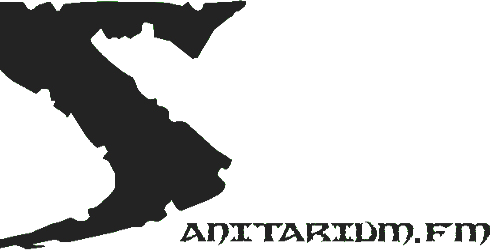After many many months of negotiation it seems a deal between British Internet service providers and entertainment industry bodies to combat piracy in the UK has finally been agreed to. Don’t panic just yet though, it’s no where near as restrictive and intrusive as it could have been.
This discussion between the two groups has been raging since 2010 when the controversial Digital Economy Act was introduced, which included such measures such as the possibility of cutting off ‘repeat offenders’ from the Internet. However the ISPs protested the new measures, saying that it was forcing them to take on responsibility for policing their users and others raised questions about how only certain users could be cut off when IPs can be shared among people. Proposals have been worked on since then, with what seems to be considerable compromise mostly on the side of the entertainment industry bodies.

According to a document leaked to the BBC the new measures will begin in 2015, and will consist of letters or e-mails by the four involved ISPs (BT, Sky, TalkTalk and Virgin Media) being sent to the addresses of users who are detected engaging in behaviour that infringes copyright. The system will run for 3 years with periodic reviews on performance and the numbers of people detected. More ISPs will also opt into the system after it has begun.
This is considerably less than the content owners had originally wanted. They had wanted letters sent to contain details of possible punitive measures and to have access to a database of known illegal downloaders, opening the possibility of further legal action against individuals. However, there is the possibility that if these new ‘soft’ measures are not seen to be working, they could push again for the ‘tough’ path of tackling piracy, this time armed with the data gathered during the 3 years this system runs.

There is no doubt that piracy is a big problem to those who make media, but equally that the thought of heavy-handed measures could end up doing a lot of damage. This system seems to be a compromise that leans more towards ISPs and users than the content owners, and we can only wait and see how effective it turns out to be.







